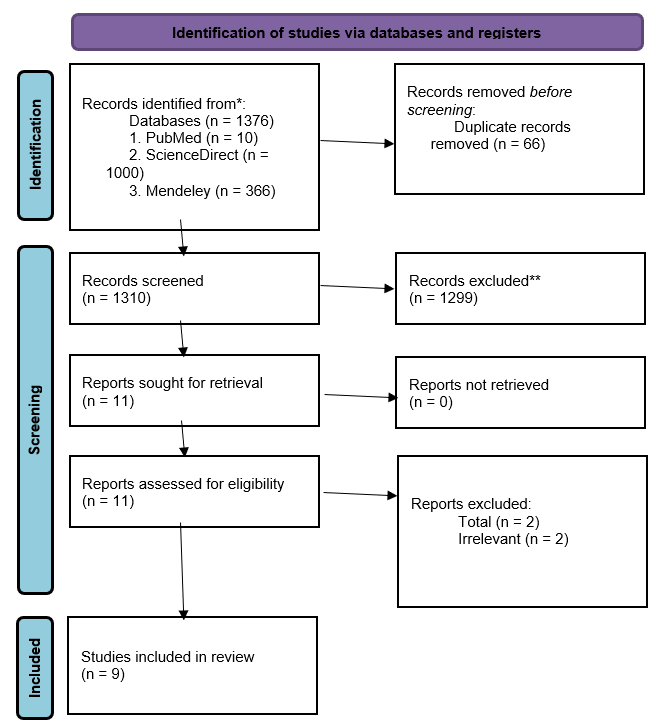The relationship between antidiabetic and renal cancer: a systematic review
Keywords:
Metformin, SGLT2 inhibitors, Kidney cancer, Renal cell carcinoma, Diabetes, Cancer risk, Antidiabetic medicationsAbstract
Introduction: Antidiabetic medications have been studied for potential effects beyond glycemic control, including their role in cancer development and progression. Renal cell carcinoma (RCC) is a critical concern in diabetic patients due to overlapping metabolic risk factors. This systematic review evaluates the association between antidiabetic drug use and the incidence or mortality of RCC compared to no use or alternative therapies.
Methods: A systematic search was conducted across major databases to identify observational and experimental studies examining the relationship between antidiabetic drug exposure and RCC risk or survival. Eligible studies included cohort, case-control, randomized controlled trials, meta-analyses, and preclinical investigations. Data extraction focused on study design, population characteristics, drug class exposure, renal cancer-related outcomes, and study quality.
Results: Eleven studies met inclusion criteria. Most were observational in nature, with one randomized trial and several meta-analyses. Evidence regarding RCC risk and outcomes was mixed across different antidiabetic agents. Some cohort studies indicated a potential protective association between antidiabetic use and RCC incidence, with dose-response effects observed. Preclinical data supported mechanistic plausibility for anticancer activity, though human data remained inconclusive. Methodological heterogeneity—including varied exposure definitions, follow-up durations, and confounding adjustment—limited comparability.
Conclusion: Current evidence suggests a possible link between antidiabetic medication use and altered RCC risk or survival, but findings remain inconsistent and non-causal due to the predominance of observational data. Future research should prioritize well-designed randomized controlled trials and mechanistic studies to clarify these associations and inform personalized therapeutic strategies.

Downloads
Additional Files
Published
How to Cite
License
Copyright (c) 2025 Shadman Newaz, Md Hasanuzzaman, Ayesha Noor, Abdulla Bin Hridoy, Talukder Nasif Shahriar, Noushin Nawal, Anika Taseen, Nowshin Tasnim Khan, Rahid Ahmed

This work is licensed under a Creative Commons Attribution-NonCommercial 4.0 International License.
